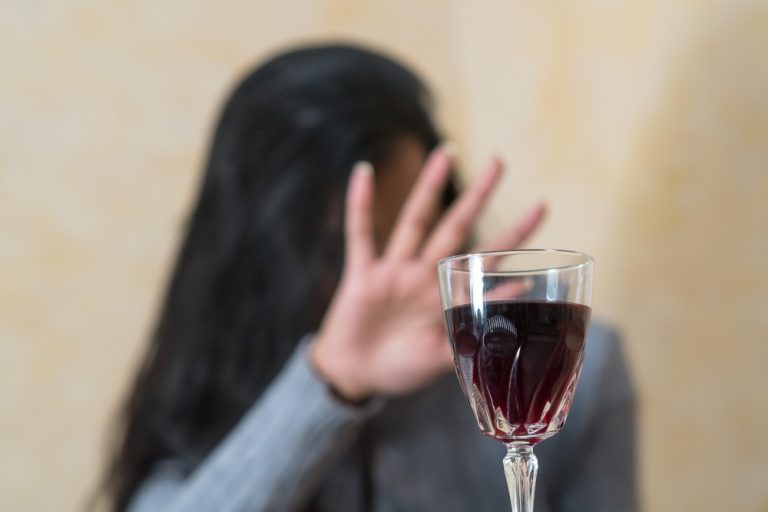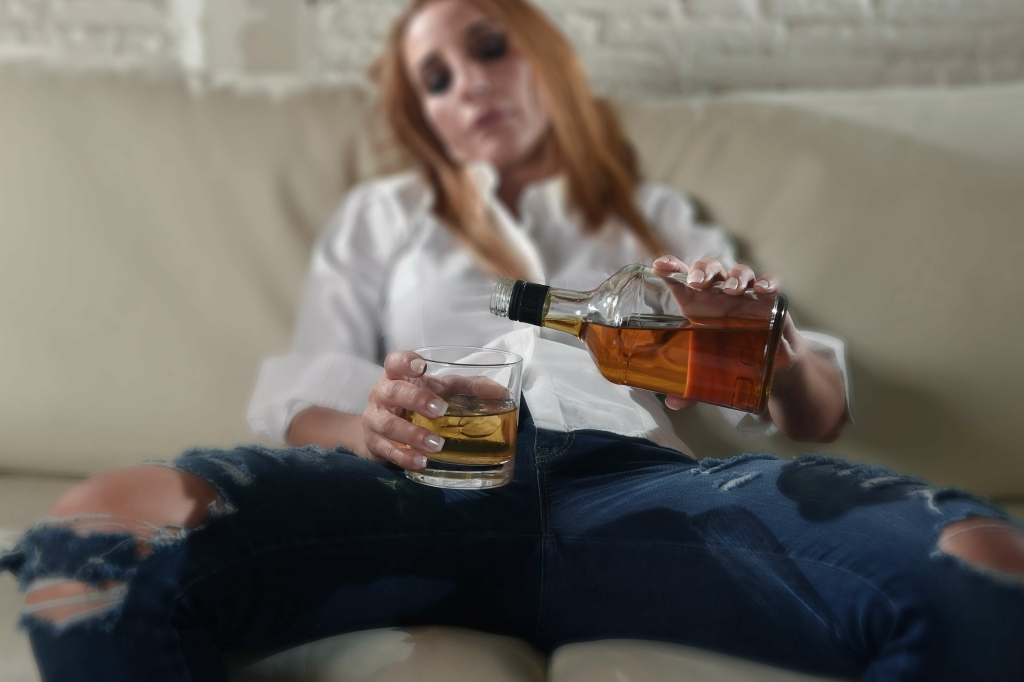Alcohol Recovery: Recovering from Alcoholism
Unhealthy alcohol use includes any alcohol use that puts your health or safety at risk or causes other alcohol-related problems. It also includes binge drinking — a pattern of drinking where a male has five or more drinks within two hours or a female has at least four drinks within two hours. The best way forward for your recovery from alcohol or substance use is to incorporate a wide variety of strategies that will help foster success.
Post-acute withdrawal
If PAWS is severe or if you’re experiencing prolonged symptoms, a medical professional can help you work through them and remain in recovery without relapse. The Healthline FindCare tool can provide options in your area if you need help finding a mental health specialist. When is it common in society, it can be hard to tell the difference between someone who likes to have a few drinks now and then and someone with a real problem. People who are addicted to alcohol require large amounts of it to feel drunk, as their tolerance to it increases because of frequent use. Alcoholics with limited funds may choose to pay for beer or liquor rather than electricity, food, or rent.

How Do You Recover From Alcoholism?

However, it is important to note, that recovery journeys will look different for everyone. Though abstinence is an important element, relapses do occur but don’t need to signal the end of recovery. When you’re recovering from alcohol use disorder, a relapse is when you start drinking again. It’s not the same thing as a lapse, which is temporary and short-term — such as when you have one drink at a party, then go http://www.rock-archives.ru/rock-archive/c/carcass/ back to not drinking. Your body has acclimated to quitting drinking over the past couple of years.
Risk factors

A 2020 review found that Alcoholics Anonymous and other 12-step facilitation treatments produced benefits that https://logoburg.com/page346480.html were similar to other treatments. The research also found that these 12-step approaches were superior to other methods for maintaining continuous abstinence and reducing remission rates. Such programs are also a cost-effective way to deliver treatment. Most who find recovery also find that they have emotionally damaged friends and loved ones and have many regrets about their past decisions. To avoid relapse and stay sober, it’s important that you take the necessary steps to learn from your past mistakes and begin to live life more responsibly. Most people who make their way into recovery have left a lot of pain and suffering in their wake.
Feeling guilty or ashamed of past behavior or actions during active addiction is natural and healthy. Some of the immediate changes you will need to make will be obvious—like not hanging around the people that you used with or obtained drugs from. After all, you can’t hang around your drug dealer or old drinking buddies and expect to remain sober for very long. As a loved one of someone with an alcohol addiction, try to be encouraging and provide emotional support. If you’re worried that someone you know has an alcohol addiction, it’s best to approach them in a supportive way. This could push them away and make them more resistant to your help.

- Having occasional cravings or thoughts of drinking is normal during recovery.
- During the recovery stage, it’s not uncommon to feel temporarily worse.
- As mentioned in this article, you can support recovery by offering patients AUD medication in primary care, referring to healthcare professional specialists as needed, and promoting mutual support groups.
- And by permitting non-heavy drinking as progress toward a successful outcome, it recognizes that recovery is an ongoing process.
It may include clinical treatment, medications, faith-based approaches, peer support, family support, self-care, and other approaches. Recovery is characterized by continual growth and improvement in one’s health and wellness and managing setbacks. Because setbacks are a natural part of life, resilience becomes a key component of recovery. In addition, elements considered integral to previous definitions of recovery that involve various aspects of psychosocial functioning and well-being are not included in this definition.
Recovery Funding
- For a female, heavy drinking is defined as more than seven drinks per week or more than three drinks per day.
- If you are in need of help for alcohol addiction, please call us or complete the short form for confidential support and assistance with entering treatment.
- John C. Umhau, MD, MPH, CPE is board-certified in addiction medicine and preventative medicine.
- With CBT, you learn that recovery is based on practicing coping skills, not willpower.
- First, an individual in recovery no longer fulfills the Diagnostic and Statistical Manual of Mental Disorders (DSM-5) criteria for AUD.
It stands to reason that if you quit your drug of choice but continue with your same routine, hanging around the same people and places, and not making any changes in your circumstances, it will be much easier to slip back into your old behaviors and habits. Post-acute withdrawal syndrome (PAWS) involves withdrawal symptoms that persist past the detox period. Such symptoms are often related to mood and may include irritability, anxiety, depression, sleep problems, and fatigue. The more tools you have for identifying triggers, coping with stress, and managing your new sober life, the easier you’ll prevent relapse. Lasting recovery requires lasting effort, but relapse is not failure or http://miass.info/forum/view.php?topic=13153 weakness; it takes more than willpower to maintain sobriety. This article discusses the meaning of sobriety and arms you with information and strategies to smooth—and stay on—your path to wellness.
